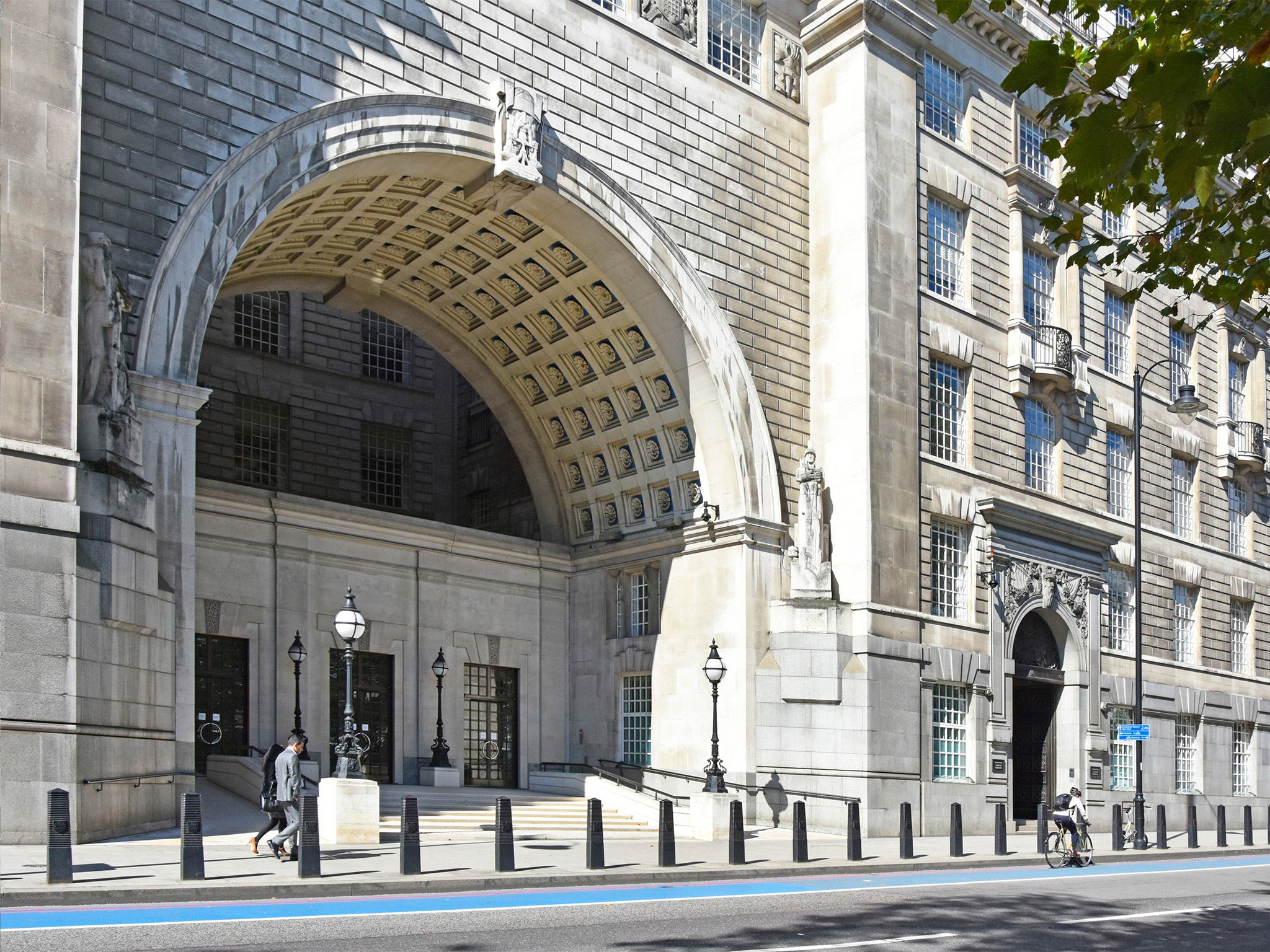UK secret agents bill is ‘unthinkable’ due to allowing ‘state-sponsored rape’, campaigners warn
‘We must not minimise or disregard the wide-ranging, long-term impacts that this kind of sexual violence can have on survivor’s health and lives,’ says Rape Crisis spokesperson

The UK secret agents bill is “unthinkable” due to allowing “state-sponsored rape” and politicians must block the legislation, campaigners have warned.
MPs voted against an amendment to the controversial legislation - which passed its third reading in the House of Commons last month - that would have restricted the crimes the bill can authorise.
The legislation, which is officially known as the Covert Human Intelligence Sources Bill, can authorise the crimes of murder, torture and rape.
Katie Russell, spokesperson for Rape Crisis England & Wales, the national umbrella organisation for rape crisis centres, told The Independent it was “deeply concerning” the bill allows undercover police officers to have sex with suspects under certain circumstances.
She added: “It is difficult to imagine a scenario in which this would be necessary for safety or operational reasons and it’s a loophole that could be open to abuse, with serious consequences.
“By law, someone consents to sex when they agree by choice and have the freedom and capacity to make that choice. How can someone have the capacity to make a free, informed choice about whether or not to have sex with someone if they’re being fundamentally deceived as to that person’s identity?
“We know from past experience that a number of women in particular have been traumatised by finding out retrospectively that they were deceived into sex by undercover operatives. We must not minimise or disregard the wide-ranging, long-term impacts that this kind of sexual violence can have on survivor’s health and lives.”
The comments come a day after MPs warned the government was trying to pass a law which would sanction murder, rape and torture by undercover agents without providing proper grounds.
Harriet Harman, who chairs the Joint Committee of Human Rights which carried out the troubling report, said the legislation which is currently being scrutinised by the House of Lords “raises major human rights concerns”.
The Labour MP added: “It permits officials to secretly authorise crimes on the streets of the UK and abroad. There should be added to the bill clear limits on the scale and type of criminality which can be authorised.
“We cannot pass a law that leaves open the possibility of state-sanctioned rape, murder or torture.”
Sarah Green, director of the End Violence Against Women Coalition, told The Independent the secret agents bill was highly concerning.
"It is a great relief that the Joint Human Rights Committee has raised these concerns so clearly and so bluntly, because we cannot understand what the government is trying to do with this bill,” she said. “To consider permitting people working for all of us to sign off committing acts of torture including rape should surely be unthinkable. There is no acceptable justification for this and MPs across the house need to ensure it is thrown out.”
The coalition hit out at the government’s failure to exert any limits on the criminal offences which can be authorised - arguing the bill needs to include limits as is the case with equivalent legalisation in America and Canada.
Ms Green’s comments come in the wake of the Undercover Policing Inquiry scrutinising the tactics the Metropolitan Police's Special Demonstration Squad (SDS) and the undercover part of the National Public Order Intelligence Unit have used since the late 1960’s.
The inquiry, which started at the beginning of the month, is looking into a slew of highly serious allegations of systematic abuses by undercover policing units as it examines how undercover officers spied on more than a thousand political groups.
It was launched by Theresa May, when she was working as Home Secretary, back in 2015 but has been one of the most delayed public inquiries in British history.
Phillippa Kaufmann QC is representing 20 women who were duped into sexual relationships by undercover officers between 1985 and 2015 - with some of these relationships having stretched on for years.
In 2015, the Met Police owned up to the fact women had been tricked into relationships which should have never taken place and forked out compensation to them.
Subscribe to Independent Premium to bookmark this article
Want to bookmark your favourite articles and stories to read or reference later? Start your Independent Premium subscription today.



Join our commenting forum
Join thought-provoking conversations, follow other Independent readers and see their replies
Comments